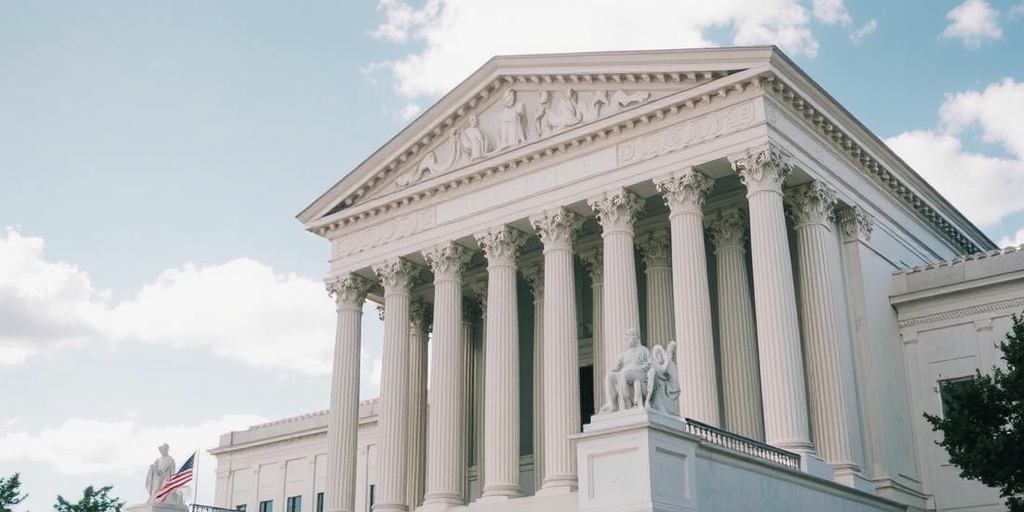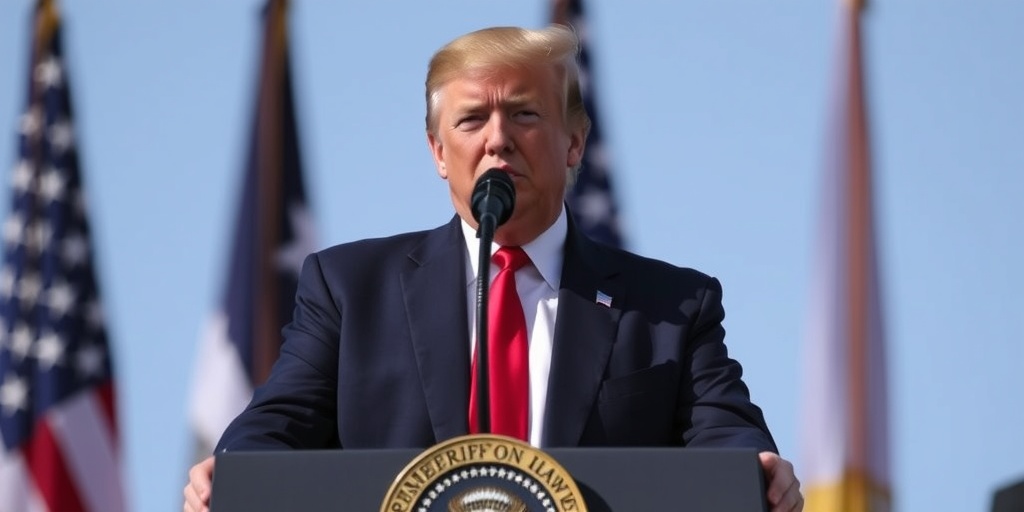Now Reading: Senate Nears Key Vote to Prevent Shutdown as Schumer Agrees
-
01
Senate Nears Key Vote to Prevent Shutdown as Schumer Agrees
Senate Nears Key Vote to Prevent Shutdown as Schumer Agrees
Senate Prepares for Critical Vote to Avoid Government Shutdown
On Friday, the Senate was gearing up for a decisive vote aimed at averting a government shutdown, set to take effect at midnight if no agreement is reached. Senator Chuck Schumer, the Democratic leader from New York, made headlines with his announcement that he would support a Republican-backed funding measure, which is intended to keep the government funded through September 30. This surprising decision means he would assist in overcoming any potential filibuster initiated by members of his own party.
The anticipated vote on advancing the GOP-written measure was expected to take place early Friday afternoon. Republicans were seeking the support of at least eight Senate Democrats to move forward with the bill, and it was reported that Schumer had privately secured those votes by Thursday evening.
The urgency of the situation is palpable. Should the Senate fail to pass the funding extension, federal funding would cease at precisely 12:01 a.m. on Saturday, with significant implications for various government operations and services. However, Schumer’s choice to pivot and permit the spending legislation to advance has left many in the Democratic ranks stunned and frustrated. Numerous Democratic lawmakers and progressive activists have expressed their discontent, viewing the decision as a capitulation to President Trump. These dissenters argue that they would prefer a government shutdown over supporting what they perceive as an inadequate compromise.
Just days before his announcement, Schumer had been vocal in his opposition to the bill, promoting instead a month-long alternative. This alternative was intended to give Congress the time needed to reach a more comprehensive agreement concerning the allocation of federal funds. However, with the looming threat of a shutdown and the realization that Democrats could bear the brunt of the blame for such a scenario, Schumer changed his stance. He articulated his concerns that a shutdown would primarily benefit President Trump and influential figures like Elon Musk, enabling them to wield increased power over federal operations. Schumer warned that allowing a government closure could lead to arbitrary decisions about which federal employees would be deemed “nonessential” and subsequently furloughed, creating a chaotic environment that could hinder critical government functions.
As discussions continued, Schumer underscored the long-term risks of a government shutdown, indicating that the Republican party would likely feel no urgency to rekindle government operations once they were paused. He framed his support for the bill as a necessary evil, insisting that siding with Trump and the Republicans was a far greater threat than the inadequacies of the continuing resolution itself.
The support for the GOP measure among Senate Democrats remains uncertain. Apart from Schumer, only Senator John Fetterman of Pennsylvania has publicly expressed his endorsement of the funding proposal. Meanwhile, several centrist Democrats, as well as those facing challenging re-election battles in the coming year, have loudly opposed the bill. Senator Jon Ossoff of Georgia, who will be on the ballot next year, has stated his intention to vote against the legislation, emphasizing that it does not impose sufficient checks on the Trump administration’s actions.
Ossoff stressed the critical need for both political parties in Congress to uphold their constitutional duty to monitor and limit the president’s powers. The crux of the opposition from many Democrats lies in the nature of the stopgap measure, which lacks the explicit instructions typically found in spending bills for allocating federal funds. Key Democratic figures, including Senator Patty Murray of Washington, who leads the party’s appropriation efforts, have voiced alarm about the potential for the bill to create unchecked spending authority for the Trump administration at a time when accountability is essential.
Murray articulated her concerns, suggesting that the absence of clear directives would effectively create "slush funds" for the administration, which has already exhibited a pattern of ignoring congressional spending laws. She accused House Republicans of setting the stage for a scenario where current violations could appear minimal in comparison to what could happen moving forward.
The political landscape is tense as the Senate prepares for what could be a momentous vote. The ramifications of both action and inaction hold significant weight, propelling discussions about fiscal responsibility, executive oversight, and party unity into the national spotlight. As lawmakers hash out their positions in these crucial hours, the stakes have never been higher for both sides of the aisle, and the outcome will test the resolve of Senate Democrats facing a divided political battlefield.
Stay Informed With the Latest & Most Important News
Previous Post
Next Post
-
 01New technology breakthrough has everyone talking right now
01New technology breakthrough has everyone talking right now -
 02Unbelievable life hack everyone needs to try today
02Unbelievable life hack everyone needs to try today -
 03Fascinating discovery found buried deep beneath the ocean
03Fascinating discovery found buried deep beneath the ocean -
 04Man invents genius device that solves everyday problems
04Man invents genius device that solves everyday problems -
 05Shocking discovery that changes what we know forever
05Shocking discovery that changes what we know forever -
 06Internet goes wild over celebrity’s unexpected fashion choice
06Internet goes wild over celebrity’s unexpected fashion choice -
 07Rare animal sighting stuns scientists and wildlife lovers
07Rare animal sighting stuns scientists and wildlife lovers



















